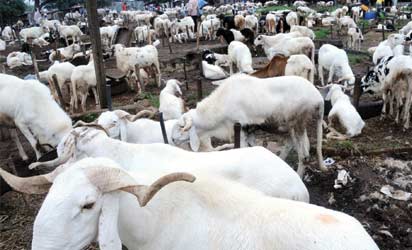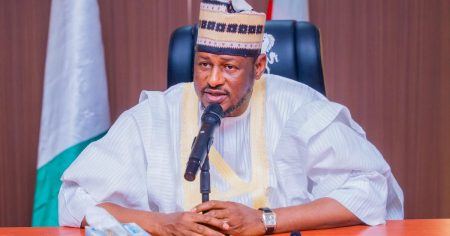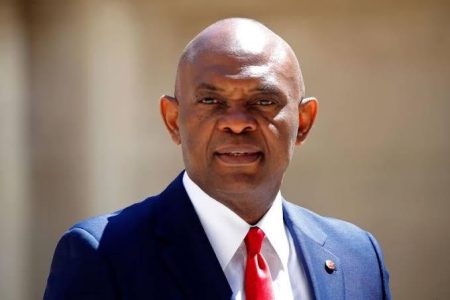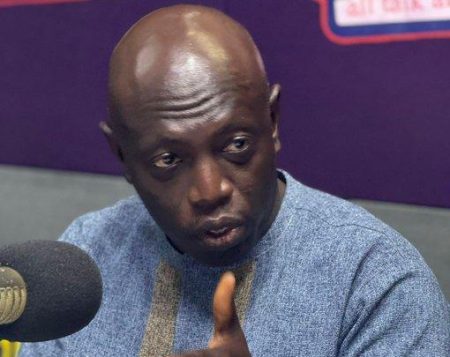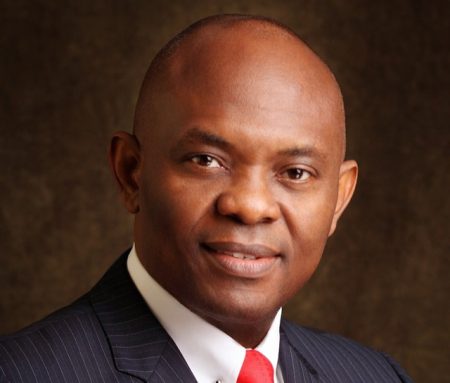Paragraph 1: Declaration of Public Holidays for Eid-ul-Adha 2025
The Federal Government of Nigeria has officially declared Friday, June 6th, and Monday, June 9th, 2025, as public holidays in observance of Eid-ul-Adha. This announcement, made by the Minister of Interior, Olubunmi Tunji-Ojo, on behalf of the Federal Government, signifies the nation’s recognition of this important Islamic festival. Eid-ul-Adha, also known as the "Festival of Sacrifice," commemorates Prophet Ibrahim’s willingness to sacrifice his son Ismail as an act of obedience to God. This declaration allows Muslims across the country to partake in the festivities and religious observances associated with this significant occasion.
Paragraph 2: Minister’s Congratulatory Message and Call for Unity
Minister Tunji-Ojo extended heartfelt congratulations to Muslims both within Nigeria and in the diaspora, emphasizing the significance of Eid-ul-Adha. He urged the Muslim community (Ummah) to embody the fundamental principles of sacrifice, obedience, and faith exemplified by Prophet Ibrahim. The minister’s message underscored the importance of reflecting on the spiritual meaning of Eid-ul-Adha and using this period for introspection and renewal of faith. Furthermore, he called upon all Nigerians to unite in prayer for the peace, unity, and prosperity of the nation, emphasizing the shared responsibility of building a harmonious and prosperous society.
Paragraph 3: Reaffirmation of Government’s Commitment to Progress
The minister also took the opportunity to reaffirm the government’s commitment to the "Renewed Hope Agenda" of President Bola Tinubu’s administration. He assured Nigerians that the government is actively implementing people-oriented reforms and initiatives aimed at steering the nation towards progress and development. This assurance highlights the government’s dedication to improving the lives of its citizens and fostering an environment of growth and opportunity. The minister emphasized that these efforts are crucial for restoring Nigeria’s position as a prominent and prosperous nation.
Paragraph 4: Eid-ul-Adha: A Celebration of Sacrifice and Devotion
Eid-ul-Adha holds profound religious significance for Muslims worldwide. It commemorates the unwavering faith and obedience of Prophet Ibrahim, who was willing to sacrifice his son Ismail in accordance with God’s command. This act of ultimate sacrifice is a testament to Prophet Ibrahim’s profound devotion and submission to the divine will. The festival serves as a reminder of the importance of unwavering faith, obedience, and selflessness in the face of challenges.
Paragraph 5: The Spiritual Significance of Eid-ul-Adha
Beyond the symbolic sacrifice, Eid-ul-Adha embodies several core values and principles central to Islam. It emphasizes the importance of surrendering to God’s will, even in the face of personal hardship. The festival also promotes compassion, generosity, and sharing with those less fortunate. Muslims are encouraged to share their blessings with the needy and contribute to the well-being of their communities. The spirit of unity and solidarity is also paramount during Eid-ul-Adha, as families and communities come together to celebrate and strengthen their bonds.
Paragraph 6: Call for Collective Efforts Towards National Restoration
The minister concluded his message with a call for all Nigerians to actively participate in the nation’s journey towards restoration and progress. He emphasized the importance of collective efforts and unity in realizing the shared vision of a prosperous and thriving Nigeria. By working together, regardless of religious or ethnic differences, Nigerians can contribute to rebuilding a nation that reflects its potential and stands tall on the global stage. This call to action underscores the government’s commitment to inclusivity and the belief that every citizen has a role to play in shaping the nation’s future.





